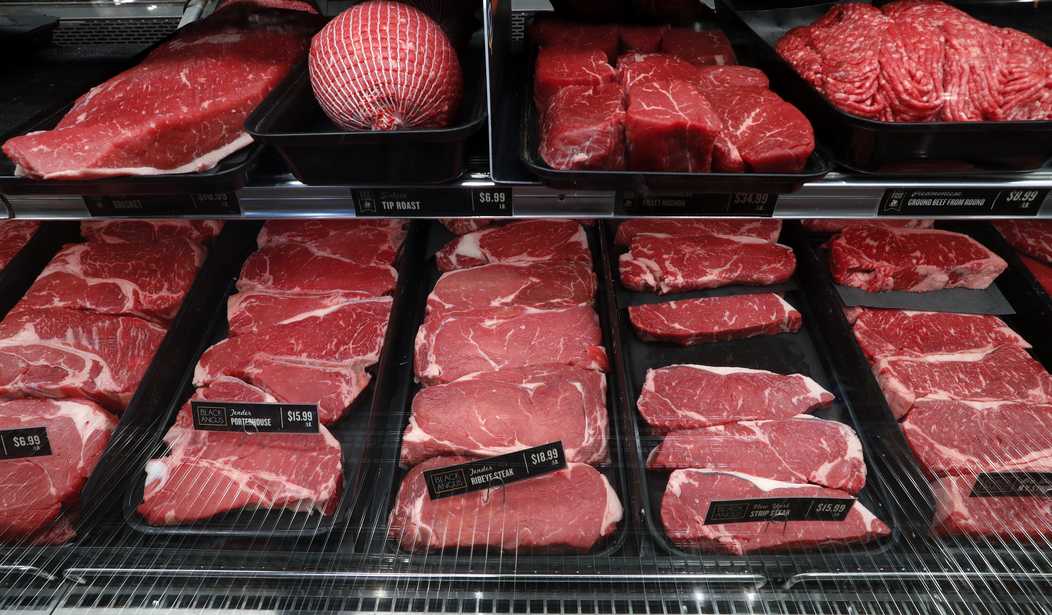It's not the role of government - any government, anywhere - to finance research into lab-grown meat, or indeed any of the various "meat alternatives." But Vox's
The upshot: Governments around the world are more ready to fund alternative proteins in the wake of unstable food prices in 2022, a year that shed light on the effect of geopolitical tensions on food security. By developing an alternative protein sector, countries such as Singapore and Israel aim to be more self-sufficient while transforming their agriculture sector to be resistant in the face of wars, climate change, and export bans.
Not only could investing more in alternative meats buoy countries’ food sovereignty aspirations, it could help their economies. If governments continue to invest in cellular agriculture — the process behind no-kill, lab-grown meat, different from plant-based meat substitutes like Beyond or Impossible meat — then the report estimates that there could be $1.1 trillion in global economic activity by 2050 and 9.8 million jobs in the sector. For reference, the meat industry value globally was $897.5 billion in 2021.
Though the $1 billion benchmark bodes well for the staying power of alternative protein, and it’s certainly enough to get some projects off the ground, the GFI report estimates that much more will be needed to truly scale alternative proteins — about $10.1 billion total.
This "cellular agriculture," as Cardenas calls it, is not within the purview of the federal government here in the U.S. - anyone with nodding familiarity with the Constitution would know that. But it's not just the constitutional issues that are troubling here; it's the blind, confident assurance that people will behave in the manner some leftist thinks appropriate if only "encouraged" to do so, and that questionable technologies yielding questionable results can be made to work if only we throw enough taxpayer dollars at them.
This is the kind of attitude that gave us Solyndra. It's concerning because the mask is coming off; as my colleague Becky Noble recently informed us, even at the UN, the so-called "climate chief" is discussing the necessity of forcing compliance with questionable climate agendas. It's already being done, after all, elsewhere in the world.















Join the conversation as a VIP Member